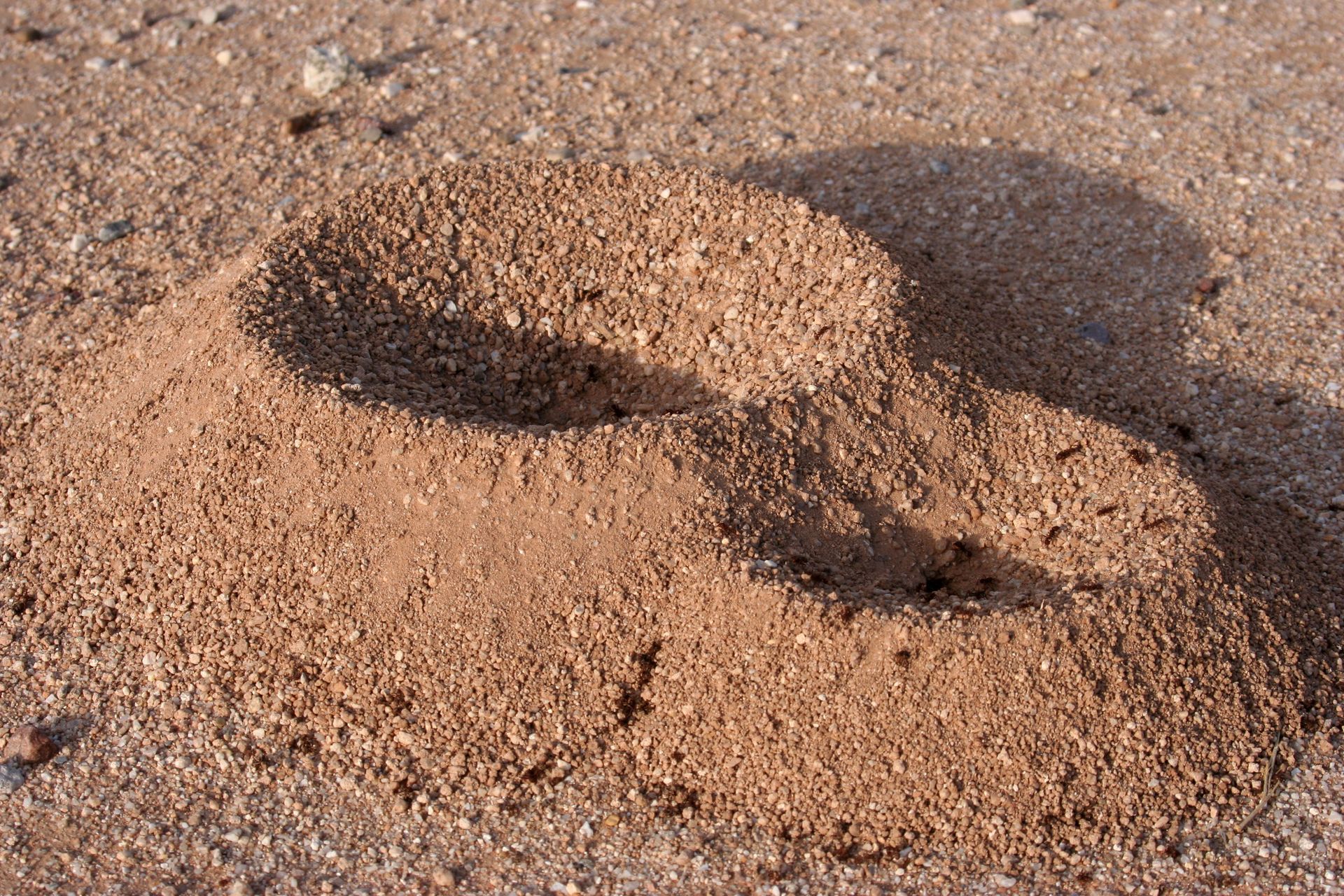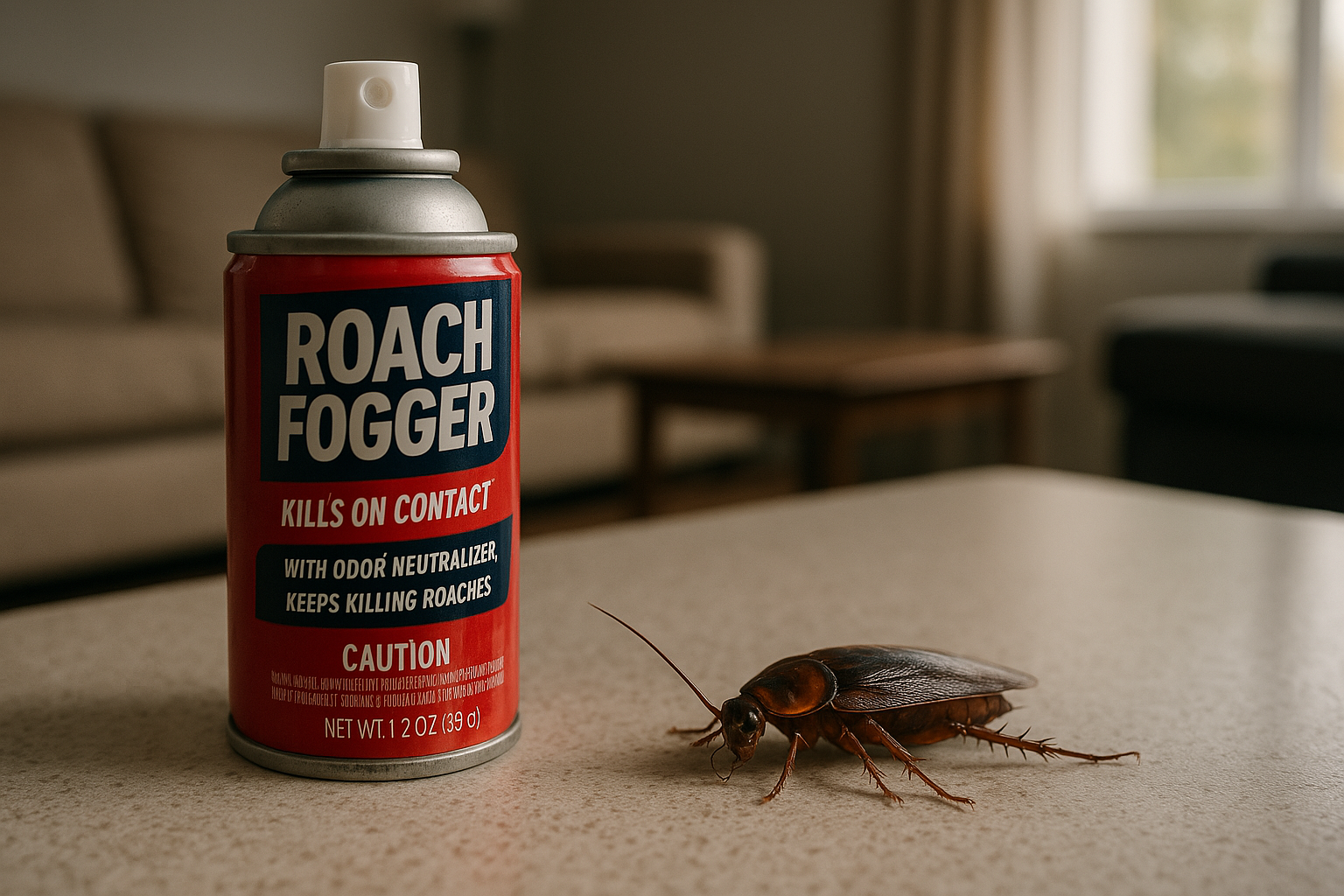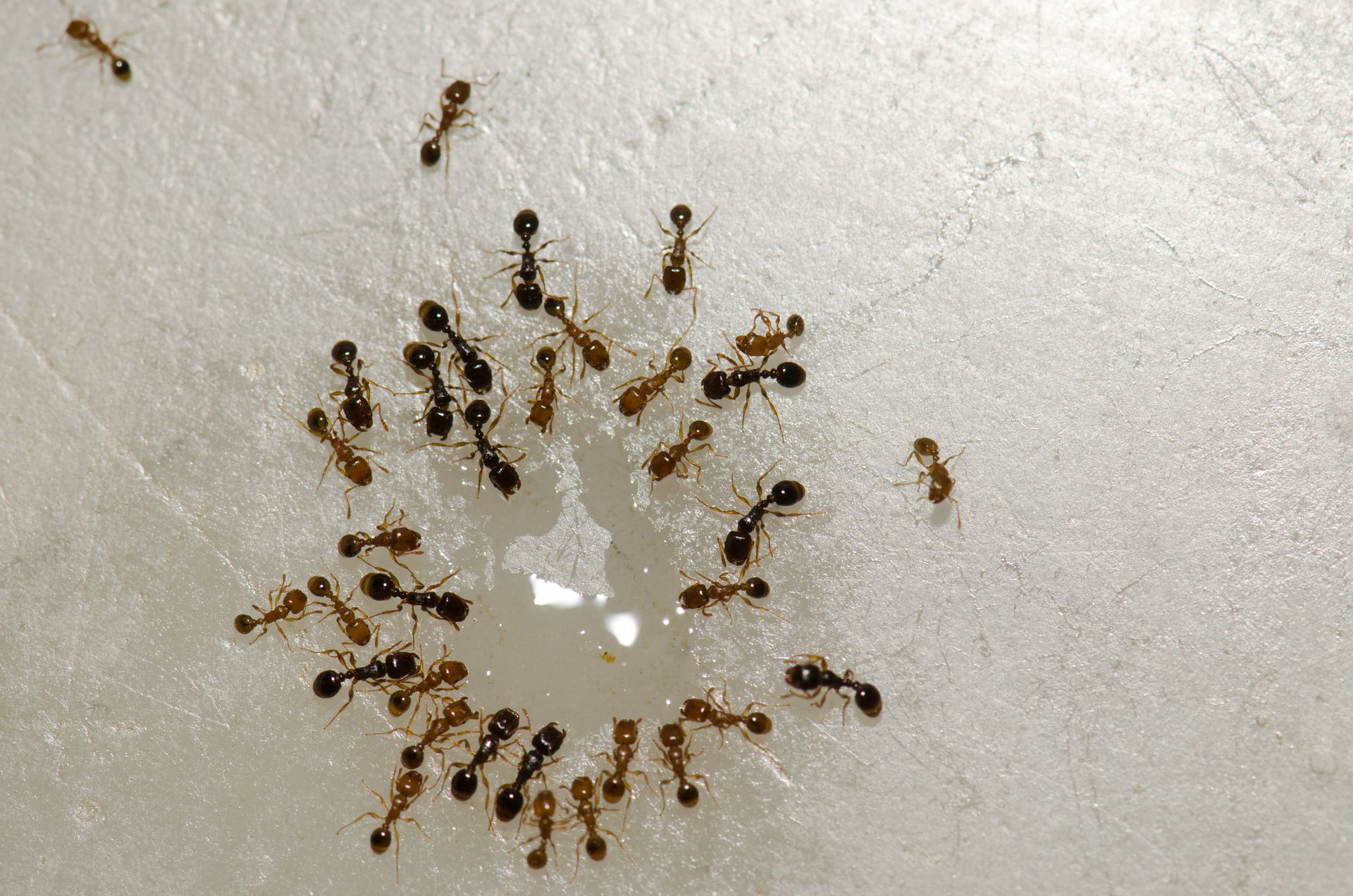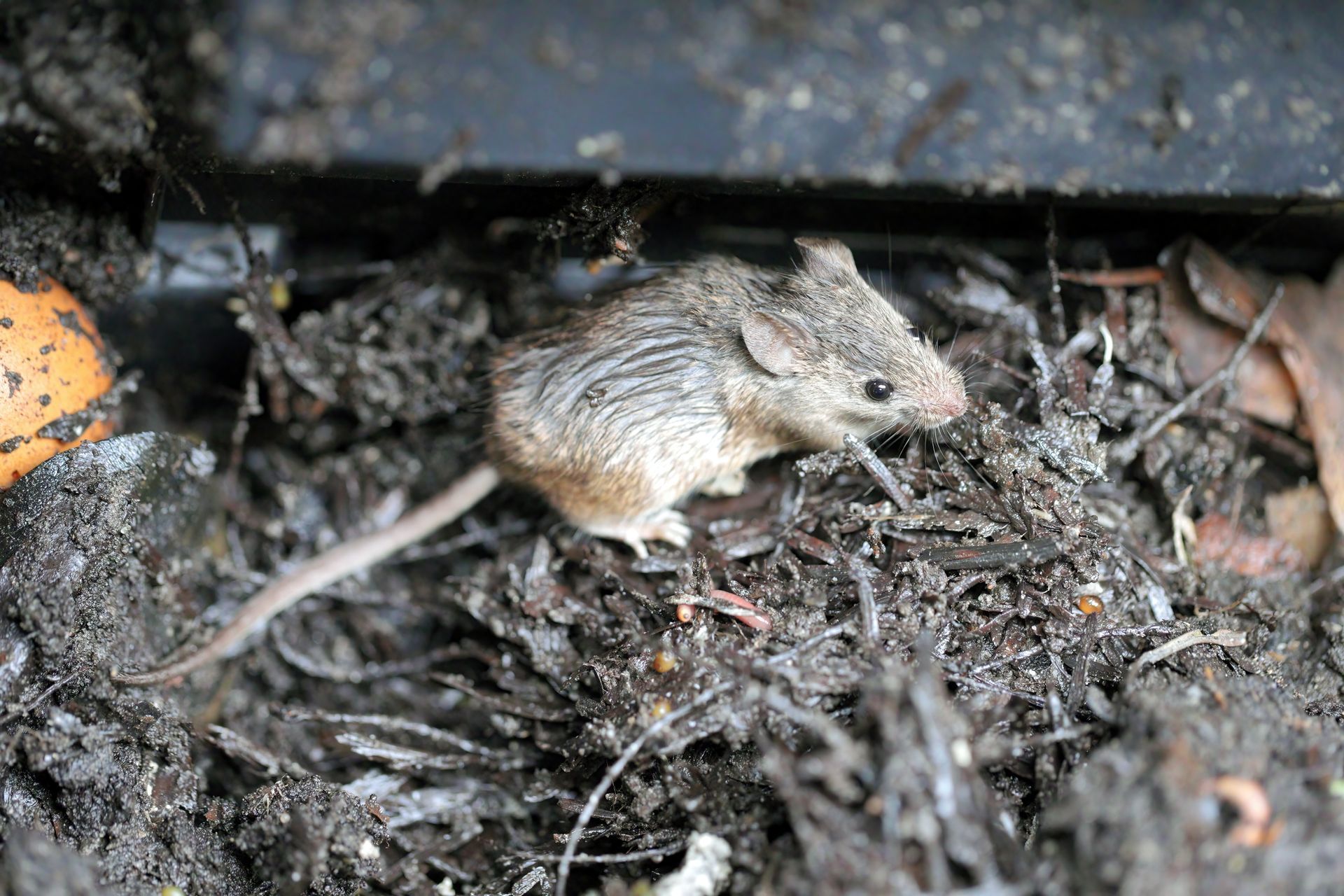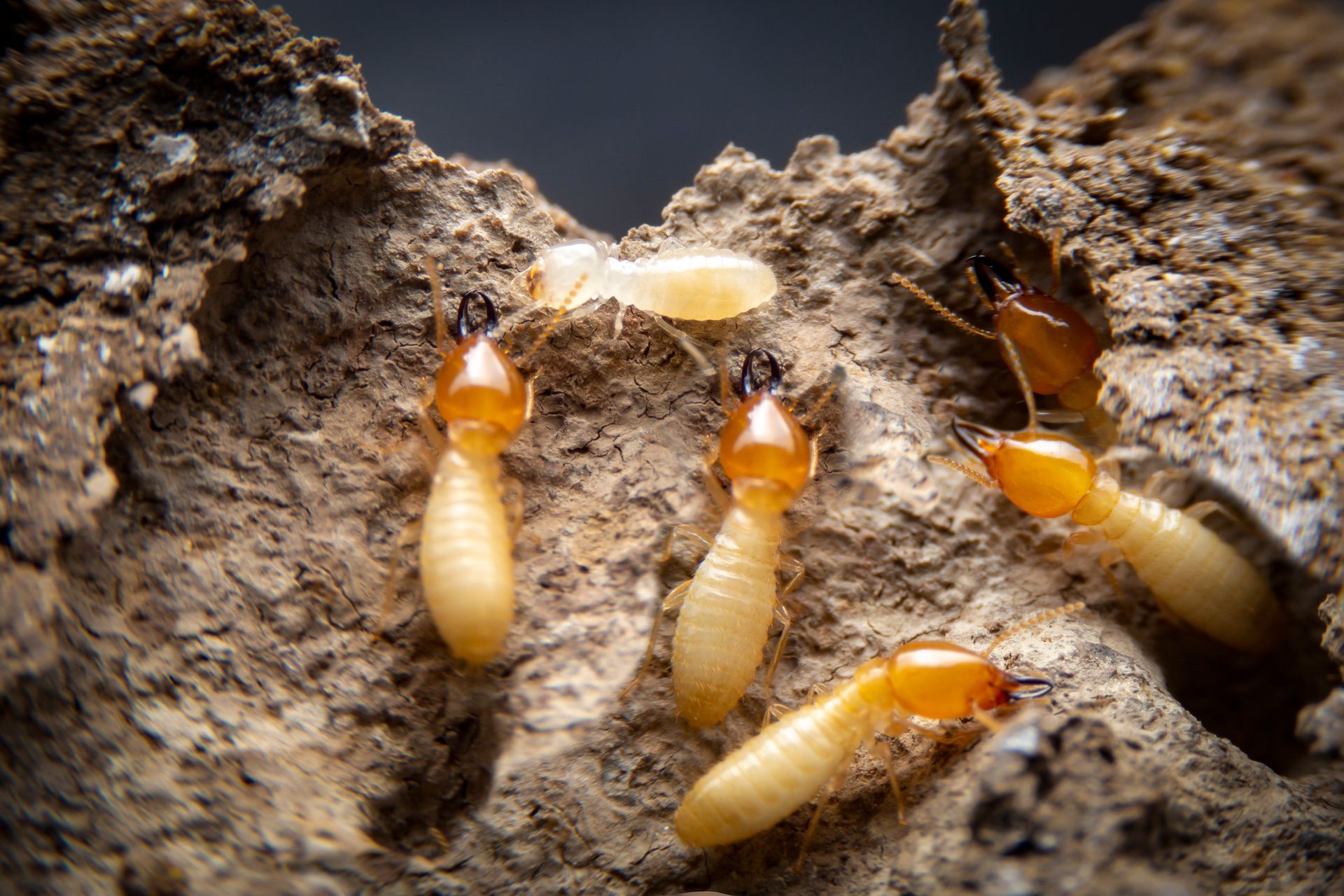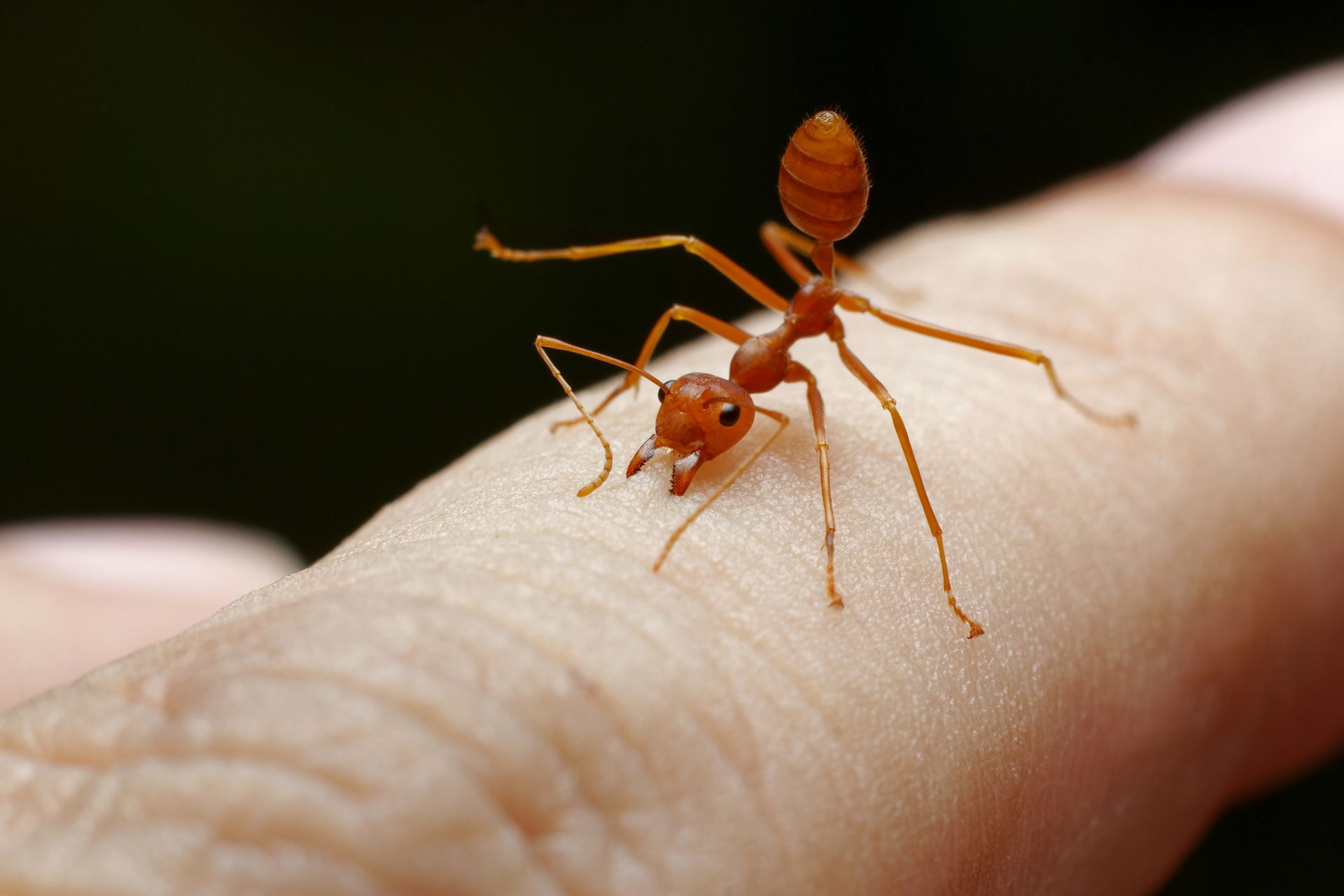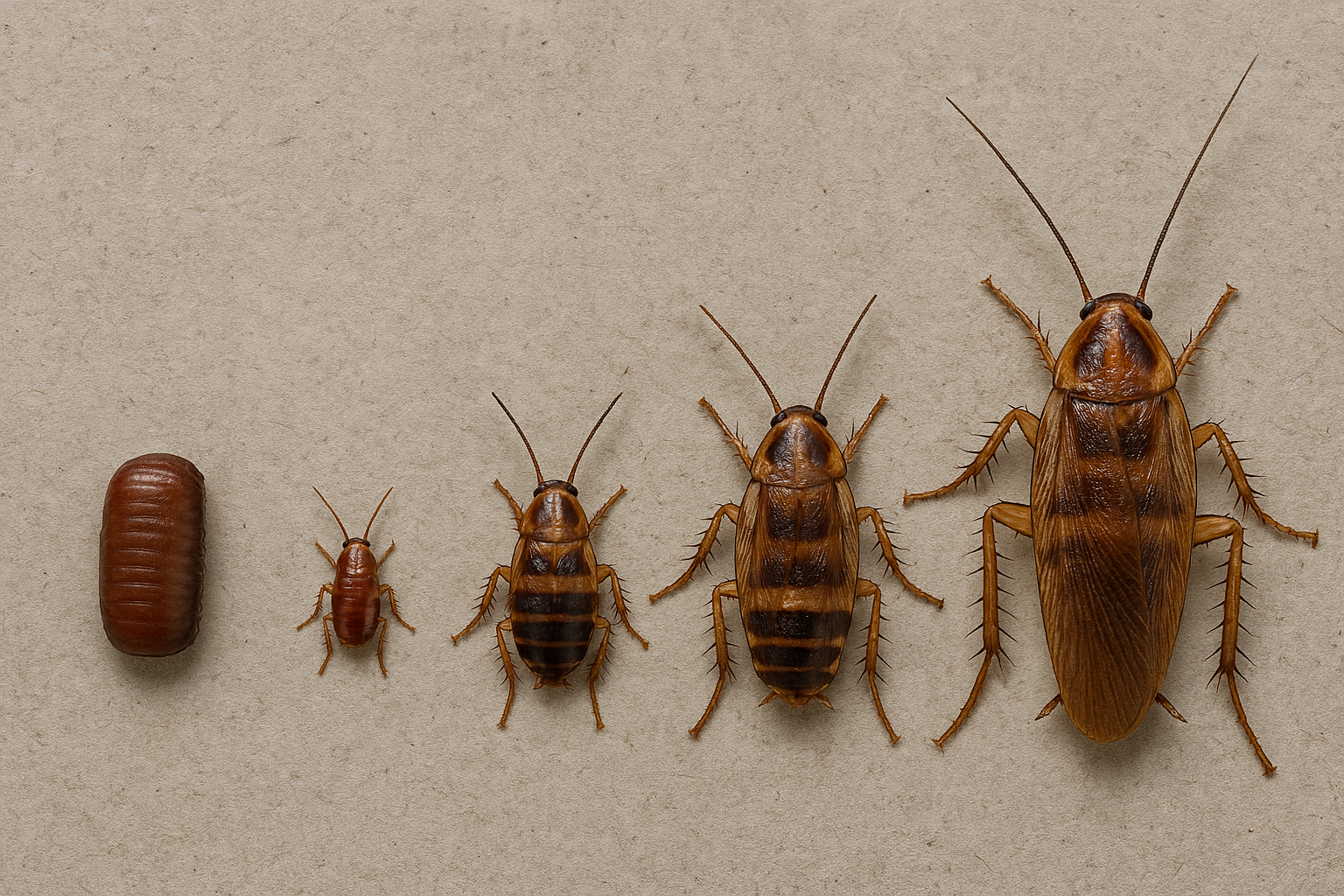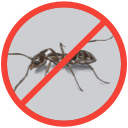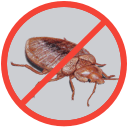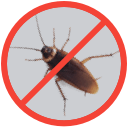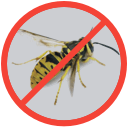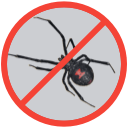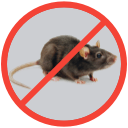How Long Can Bed Bugs Live Without a Host?
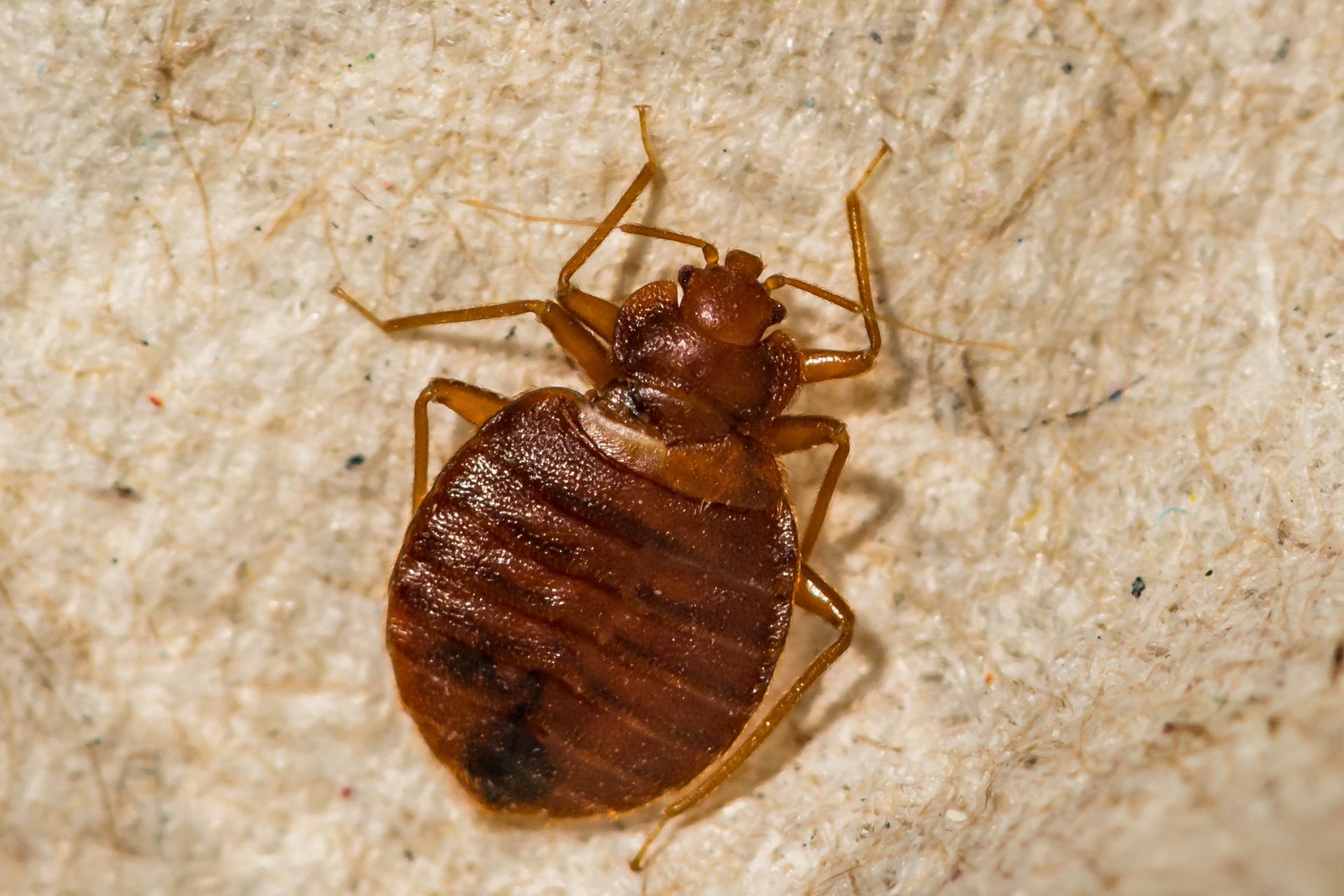
Bed bugs are known for being extremely persistent and resilient nuisance pests that can survive without a host for an extended period. While these pests rely on regular blood meals for survival, they possess the ability to enter a dormant state called diapause that allows them to survive for long periods without feeding. Studies have shown that in optimal conditions bed bugs have survived for over a year without food. However, the duration in which a bed bug can survive without feeding depends on factors like age, ambient temperature, and humidity.
In an unoccupied environment, younger developing bed bugs can live roughly 20 days without a blood meal while mature adults can go for up to 400 days without feeding. This wide range of survivability is due to their individual needs. Developing bed bugs need regular blood meals to grow while mature bed bugs have a remarkable ability to conserve energy and adapt to the lack of food. Given their tenacity, relying on trying to starve bed bugs is not an effective way to eradicate them. Instead, proactive extermination methods are recommended to ensure the complete removal of these pests and to prevent further damage to furniture and the risk of reinfestation.
How Long Does It Take for Bed Bugs to Die Without a Host?
Bed bugs are notoriously difficult to treat, and studies have been conducted to determine how long they are able to survive without a host to feed on. Younger bed bugs, or nymphs, may perish within several weeks without a blood meal, while adults can survive on average for up to 4.5 months. In ideal conditions with optimal temperature and humidity this time frame is extended dramatically to up to 400 days without feeding.
It is important to note that bed bugs cannot survive in extreme temperatures. They have thermal thresholds that result in them dying off within three weeks if conditions are consistently below 25 degrees Fahrenheit. The upper limit of their thermal threshold indicates that bed bugs will die off if they are exposed to temperatures above 113 Fahrenheit for more than a week. In typical home environments where temperatures fluctuate within their acceptable range, bed bugs can survive for much longer. While bed bugs have survived for up to 400 days without food in laboratory settings with optimal temperature and humidity settings, bed bug survival in empty apartments under normal conditions generally stops after six months without feeding.
Even still, six months is a long time for a home to remain vacant which highlights that simply leaving a property and expecting the bed bugs to starve may not be the best strategy against bed bug infestations. Instead, comprehensive extermination methods are necessary, especially since bed bugs can migrate to new locations in search of sources of food.
What is Diapause and What is its Purpose?
Diapause in bed bugs is a fascinating survival adaptation, which is similar to a state of dormancy or hibernation. Bed bugs will revert into a state of diapause when resources run low and there is not enough food to remain active. This survival mechanism is the evolutionary step that helped bed bugs survive winters when hosts become scarce. Diapause can be triggered by factors like a drop in temperature or the lack of available hosts for feeding. When this happens, diapause allows bed bugs to significantly slow down their metabolism until conditions are favorable again. By entering diapause, bed bugs can sustain their life for extended periods without feeding and resume their normal activities once the environmental conditions improve. This helps ensure their continued survival in challenging circumstances. The ability to enter diapause is a key reason why bed bugs are notoriously hard to eliminate. It's a testament to the bed bug's resilience and adaptability which allows them to persist even under the most challenging conditions.
Factors That Impact a Bed Bug’s Ability to Survive During Diapause
Several factors significantly impact a bed bug's ability to survive during diapause, particularly when in an environment devoid of hosts. These factors include:
- Temperature: Bed bugs can endure a range of temperatures, but extremes are lethal. They typically cannot survive temperatures below 25°F (-4°C) or above 119°F (48°C). Bed bug eggs, however, have a slightly higher threshold, surviving up to 130°F (54°C).
- Humidity: High relative humidity is optimal for bed bugs, with adults being able to live longer in environments with 75% to 100% humidity. Conversely, low humidity levels, especially those under 15%, can be fatal as bed bugs require moisture to maintain bodily functions.
- Age: The survival duration without a meal varies with age. Adult bed bugs can last for several months without feeding, whereas younger bed bugs may only survive a few weeks. The younger the bed bug the less likely it is to survive for extended periods without the necessary resources for it to develop.
Where Can Bed Bugs Hide While Dormant?
When dormant, bed bugs can hide in a variety of places which make them particularly difficult to detect and eradicate. Common hiding spots include:
- Furniture: Bed bugs often reside in furniture where humans spend significant time. Places like beds, couches, and chairs are common because bed bugs can find hosts that remain inactive for short periods. Even in an empty house, any remaining furniture is a potential hiding place.
- Cracks and Crevices: They can conceal themselves in tiny gaps in walls, behind loose trim or molding, and in crevices around light switch sockets.
- Flooring: If the house has hardwood floors, bed bugs might hide in the cracks or under loose floorboards.
- Electrical Outlets: These pests can sneak into the gaps behind electrical outlets.
Due to their nocturnal nature and small size, bed bugs can easily remain hidden in these areas and emerge only at night. Given their ability to hide in such diverse and small spaces, professional pest control services are usually necessary to ensure complete removal of bed bugs from an empty house.
How to Get Rid of Bed Bugs in an Empty House?
Eliminating bed bugs from an empty house involves a systematic approach that, while similar to treating an occupied house, can often be executed more efficiently. The absence of inhabitants allows for more thorough and aggressive treatment methods. Key steps include:
- Remove and Treat Soft Furnishings: Any remaining soft furnishings, such as bedding, couches, or curtains should be stripped and washed in hot water, then dried on high heat. Items to be laundered should be sealed in airtight bags or containers during transport to prevent the spread of bed bugs.
- Seal Mattresses and Box Springs: Cover mattresses and box springs with bed bug mattress covers to trap them or in plastic covers to suffocate the bed bugs.
- Declutter and Clean: Remove any clutter and pay special attention to areas around where humans sleep.
- Vacuum Regularly: Daily vacuuming can remove living bed bugs and their eggs. Focus on carpets, baseboards, molding, and trim, and dispose of the vacuum contents immediately outside.
- Steam Treatment: Utilize steam cleaning for items and areas that cannot be washed. Steam's high temperature is effective in killing bed bugs and their eggs.
- Wash and Dry Items on High Heat: Launder all washable items on the highest heat settings. For items that can't be washed, sealing them in airtight plastic bags can suffocate bed bugs within one to two weeks.
- Professional Extermination: Given the complexity of bed bug infestations, hiring a professional exterminator is often the most effective way to ensure complete eradication. Professionals may use heat treatments or pesticides to target bed bugs and their eggs.
Contact EcoGuard Pest Management if You Are Dealing with Bed Bugs
Tackling a bed bug infestation can be a daunting and meticulous task that requires expert knowledge and precise execution. EcoGuard Pest Management is here to assist you, so you don’t have to tackle the problem on your own. Our team of experienced professionals is equipped with the latest techniques and tools to effectively eliminate bed bugs from your environment. We understand the urgency and sensitivity of such situations and are committed to providing swift, thorough, and discreet service. Don't let bed bugs disrupt your peace of mind – contact EcoGuard Pest Management today for a comprehensive solution to your pest control needs.
Bed Bug Survival FAQs
Will bed bugs die if left alone?
Bed bugs will not naturally die off if left alone in a typical home environment because they can survive for extended periods without feeding. Adult bed bugs can live for several months without a blood meal under favorable conditions which make it unlikely that an infestation will resolve on its own. Effective eradication usually requires targeted treatment strategies.
How long will bed bugs live in an empty house?
Bed bugs can live in an empty house for several months, with some surviving up to a year or longer under optimal conditions. Their ability to enter a dormant state allows them to endure longer periods without a blood meal. Therefore, an empty house does not guarantee the elimination of a bed bug infestation without specific treatment measures.
Will bed bugs leave if there is no host?
Bed bugs are unlikely to voluntarily leave an area even if there is no host available. They can survive for several months without feeding by entering a state of dormancy. Therefore, the absence of a host alone is not an effective strategy for getting rid of bed bugs.
How long can bed bugs live on furniture?
Bed bugs can live on furniture for several months to over a year, especially in favorable conditions where they can enter a dormant state to conserve energy. Since they are adept at hiding in small crevices and can survive long periods without a blood meal, furniture can serve as a long-term habitat for bed bugs. Their longevity on furniture underscores the need for effective treatment strategies to eradicate them.


